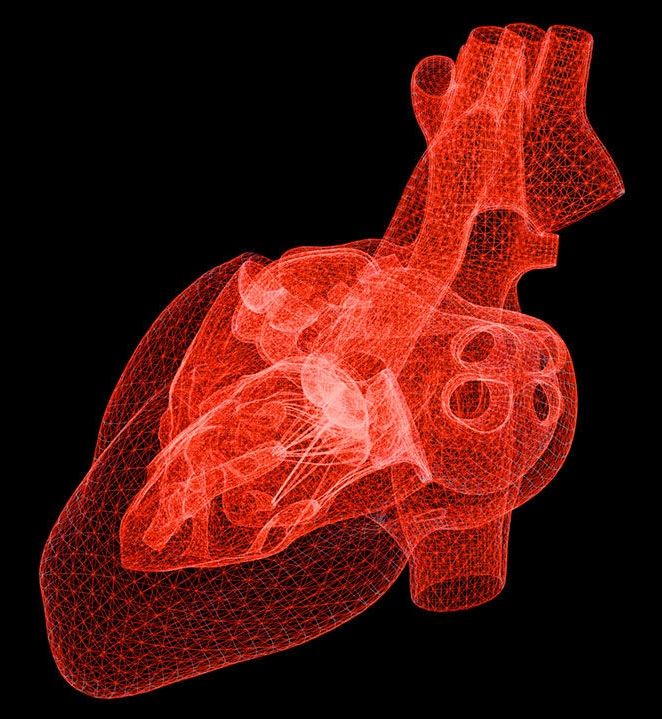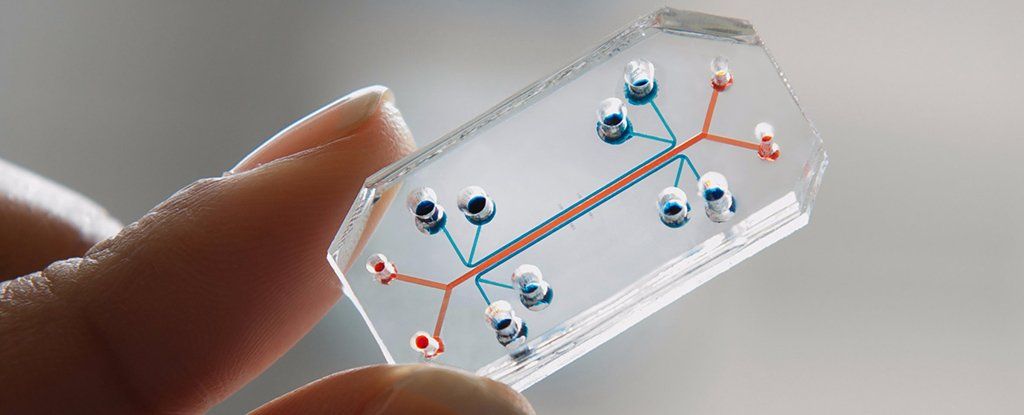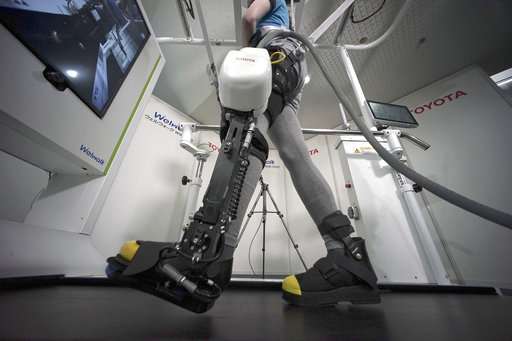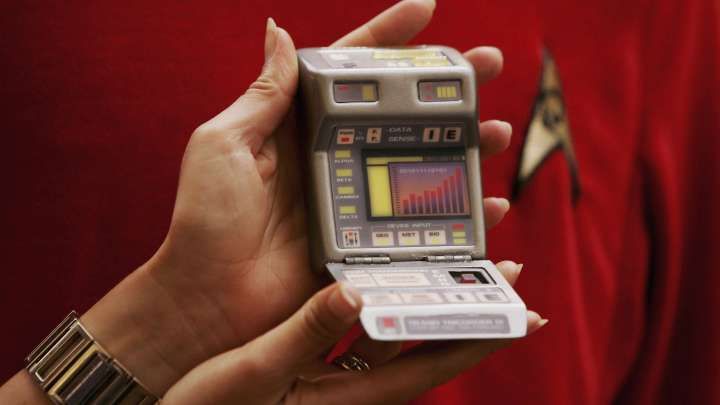Apr 15, 2017
Urban Tech Trends in 2017
Posted by Klaus Baldauf in categories: biotech/medical, health
A few weeks ago we unveiled the latest eight companies that are part of our URBAN-X smart cities accelerator in Brooklyn. This is the second time we’ve run this program, which differs a little from SOSV’s other ecosystem accelerators, in that the space isn’t constrained by the deep intricacies of a vertical (manufacturing, biotechnology, etc) as much as by environment and mission. The kind of companies we’re interested in working with through this program are changing the way that humans live in cities: they’re working on topics as various as mobility, urban health and safety, energy, waste, water, city planning, construction, and beyond.
We see hundreds of applicants to our program, and interface with hundreds more through our network, mentors, and co-investors. Here are some of the trends we’ve seen ticking up over the last 12 months or so:
















